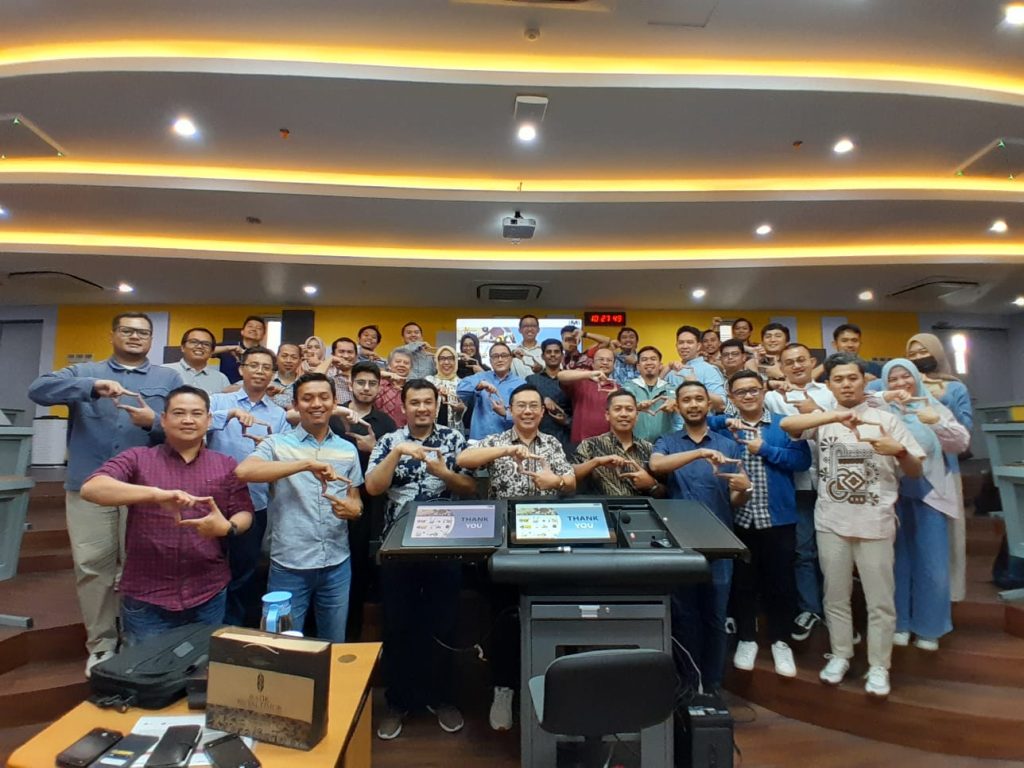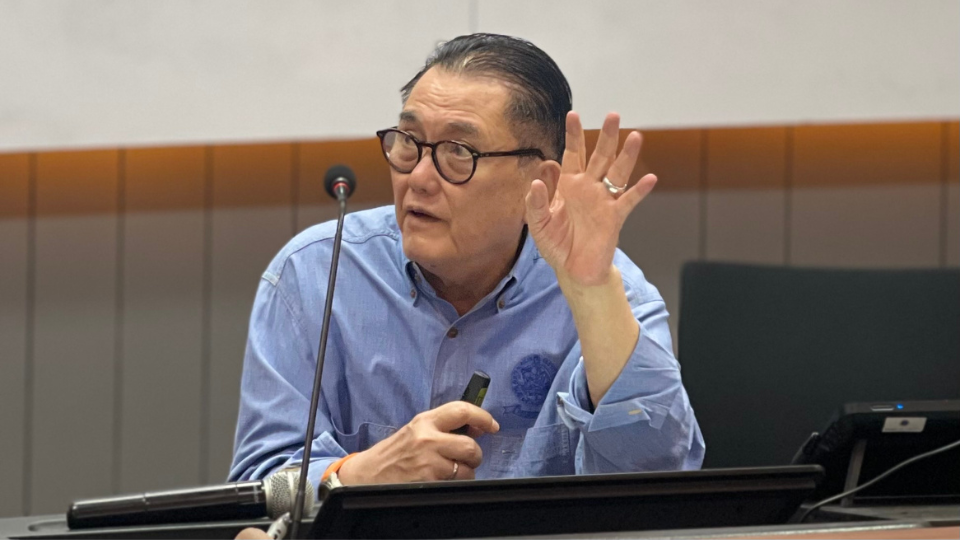Prof.Dr.Ir. Irwandy Arif, MSc., Special Staff to the Minister of Energy and Mineral Resources, emphasized the importance of sustainable management in the mineral and coal industry. This aligns with the mandate of the 1945 Constitution of the Republic of Indonesia to ensure that non-renewable resources contribute to the welfare and well-being of society.
Irwandy conveyed this message during a guest lecture entitled “Sustainability of the Coal Industry amid the Energy Transition” at the MBA ITB, on Friday (24/11). In his lecture, Prof. Arif addressed various challenges in developing the domestic mineral and coal industry, emphasizing the necessity of precise, targeted, and comprehensive guidelines that consider current and future conditions.
He pointed out that comprehensive mapping in this sector is often hindered by the limited availability and validity of data from upstream to downstream activities. Prof. Arif underscored the importance of verification activities conducted by competent parties and observers to enhance the quality and quantity of resource and reserve data. Additionally, he mentioned the potential to extend the life of reserves through increased activities converting resources into reserves and implementing comprehensive mining methods.
Prof. Arif highlighted the lack of downstream facilities and the country’s dependence on coal exports. He outlined Indonesia’s ambition to develop downstream mining comprehensively, transitioning from upstream to downstream, by 2030. This ambitious plan includes revitalizing the commercial-scale coal industry with a total capacity of 37.6 million tons.
Prof. Arif proposed several strategies to maximize mineral and coal resource utilization. These include expediting the construction of processing and/or refining plants, integrating the supply chain between mines and smelters, developing advanced processing and refining techniques, and implementing fiscal and non-fiscal policies. Incentive policies are crucial to encouraging the growth of downstream product absorption industries and promoting the mastery of processing and/or refining technology. He called on stakeholders in the coal industry to adopt innovative strategies and sustainable practices to navigate the challenges posed by the global energy transition.





